Former Brazilian President Jair Bolsonaro has filed an appeal against the 27-year prison sentence imposed by Brazil’s Supreme Federal Court for crimes tied to an alleged attempt to overturn the 2022 election outcome. The conviction, issued by a five-judge panel, covered multiple offenses related to an alleged coup plot following his electoral defeat.
The appeal was submitted by Bolsonaro’s defense team shortly after the judgment and seeks a review of both the legal reasoning and the length of the sentence. The filing marks the next procedural step available to the defense within Brazil’s high-court system.
Under Brazilian criminal procedure, a defendant may remain out of the general prison system while an appeal is pending before the same court or, in some instances, before higher panels within that court. Bolsonaro has been under court-ordered house arrest since August and will remain so unless and until appellate avenues are exhausted and detention terms are modified by the court.
Grounds for appeal
Bolsonaro’s legal team argues that the ruling contains ambiguities and contradictions and that key pieces of evidence were weighed without adequate time for review. The defense also challenges the court’s interpretation of criminal statutes applied to an alleged conspiracy and the way the panel attributed individual responsibility within what prosecutors presented as a broader plan.
The filing requests either an annulment of the verdict on procedural grounds or, at minimum, a reduction of the sentence. It cites asserted due-process concerns, including the volume of records disclosed close to critical deadlines, and asks the justices to clarify portions of the opinion that the defense says are internally inconsistent.
Appellate practice at the Supreme Federal Court allows for so-called “embargos” aimed at correcting omissions, contradictions, or obscurities in a decision. If those are denied or only partially granted, the defense can seek additional internal review, typically limited to points of law or procedure rather than a full re-litigation of facts already adjudicated by the panel.
Legal posture and timeline
There is no statutory deadline for the Supreme Federal Court to decide the appeal. The panel that issued the conviction can address correction requests, and the full court may be involved if broader constitutional or procedural questions are raised. In similar high-visibility cases, the timing has depended on the court’s calendar, the complexity of the record, and the need to circulate draft opinions among the justices.
The conviction followed a process that included investigative phases, formal charges, and oral arguments. Prosecutors alleged that the plot envisioned actions against elected officials and members of the judiciary. The panel’s majority concluded that elements of a criminal organization and an unlawful attempt to subvert the constitutional order had been established. The defense disputes those conclusions and maintains that the record does not support the criminal intent or the specific acts required by the statutes applied.
If the appeal leads to modifications, they can take several forms. The court could adjust the sentence length while leaving the conviction intact, remit particular counts, or clarify aspects of the opinion without changing the outcome. If the appeal is denied, the defense can still request sentence-execution terms, including the possibility of serving under restrictive measures short of standard incarceration if health or other statutory factors are met.
Custody conditions and health considerations
House arrest conditions imposed by the court set limits on movement, communications, and public engagements. Any change requires judicial authorization. As of the appeal filing, those conditions remain in place.
Health has been raised as a factor in potential sentence execution. Bolsonaro, 70, has documented medical issues connected to a 2018 stabbing and subsequent procedures, and he has had recent hospitalizations for acute symptoms. Under Brazilian law, defendants with serious medical conditions can request adaptations to how a sentence is served, including home confinement, if the court finds the criteria are satisfied and risk assessments support the request. Such determinations are case-specific and typically rely on medical documentation, expert evaluations, and reports from supervisory authorities.
Precedent exists for health-based adaptations for high-profile figures, though outcomes vary depending on the crimes, sentence length, conduct during proceedings, and current medical status. Any such consideration in Bolsonaro’s case would only become ripe after appellate review unless the court separately rules on interim measures.
Political context and next steps
The appeal lands within an active political environment. Bolsonaro is already barred from seeking elected office until 2030 by a prior electoral court ruling that found he violated election rules. The criminal conviction further complicates the conservative movement’s leadership calculus heading into Brazil’s 2026 cycle, where other figures—governors, former ministers, and public personalities—are positioning to carry that constituency. Party decisions will follow the legal trajectory: if appeals reduce penalties or alter the legal status, that could influence coalition strategies; if the conviction stands, attention will center on succession scenarios within the right.
The government led by President Luiz Inácio Lula da Silva has maintained that the judicial process is independent and that the executive’s role is limited to ensuring institutional stability. Legislative proposals floated earlier for broad amnesties related to January 2023 unrest have not advanced amid public demonstrations and coalition dynamics in Congress. Any renewed amnesty debate would have to reconcile constitutional limits, judicial prerogatives, and political risk.
Internationally, the case has drawn attention because it intersects with rule-of-law concerns and ongoing trade and diplomatic agendas. Foreign partners are watching how appeals progress, how custody is handled, and whether the process affects Brazil’s broader policy priorities. Those considerations include trade measures, investment flows, and cooperation across justice and security domains.
Procedurally, the immediate next step is the court’s handling of the correction-style appeal. The justices may request observations from the prosecution, examine the defense claims about internal inconsistencies, and issue an order either modifying the opinion, reducing the sentence, or denying the requests. If denied, the defense can pursue further internal remedies on points of law, though those are typically narrower in scope.
In practical terms, indicators to watch include docket movements at the Supreme Federal Court, publication of any modified opinions, and orders addressing custody or travel restrictions. Political indicators include statements from party leaders about candidate selection for 2026 and any legislative activity related to clemency or sentence-execution rules. Health-related filings would also be material, given the possibility of requests to convert confinement terms based on medical documentation.
Taken together, Bolsonaro’s appeal initiates the next phase of litigation over a 27-year sentence tied to an alleged attempt to undo the 2022 election outcome.




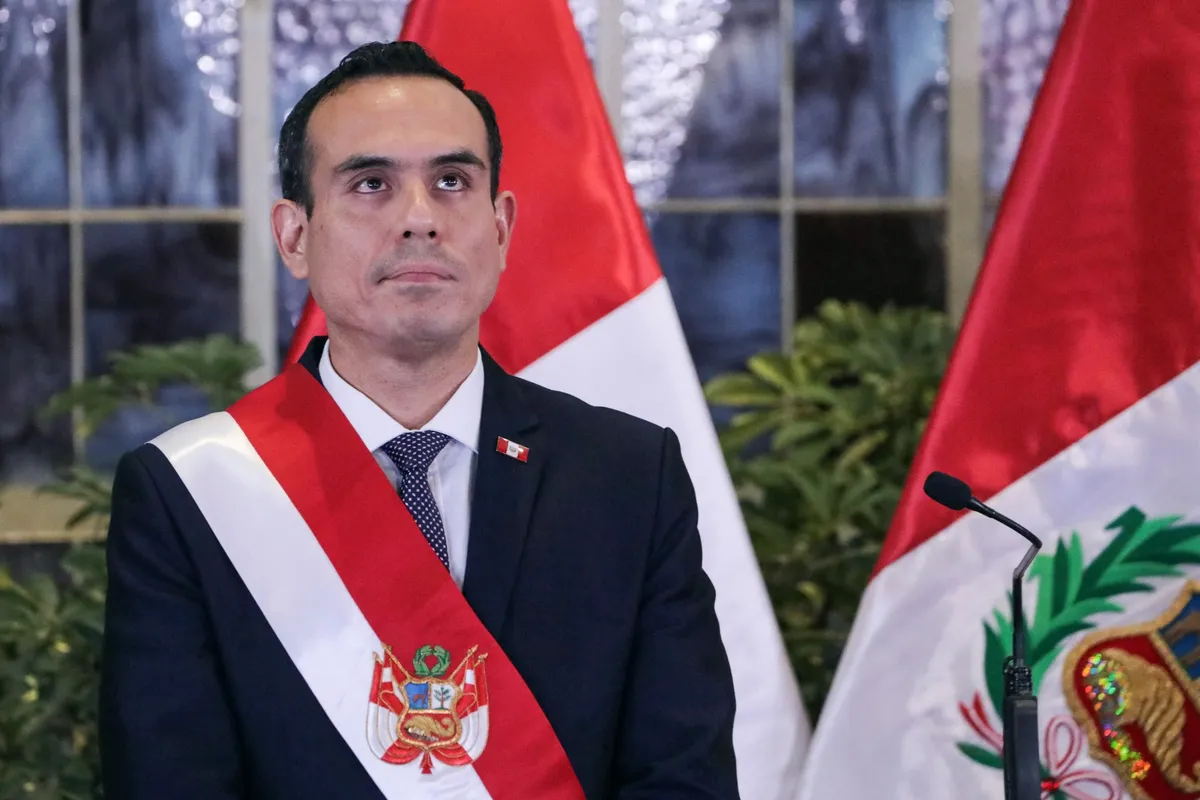
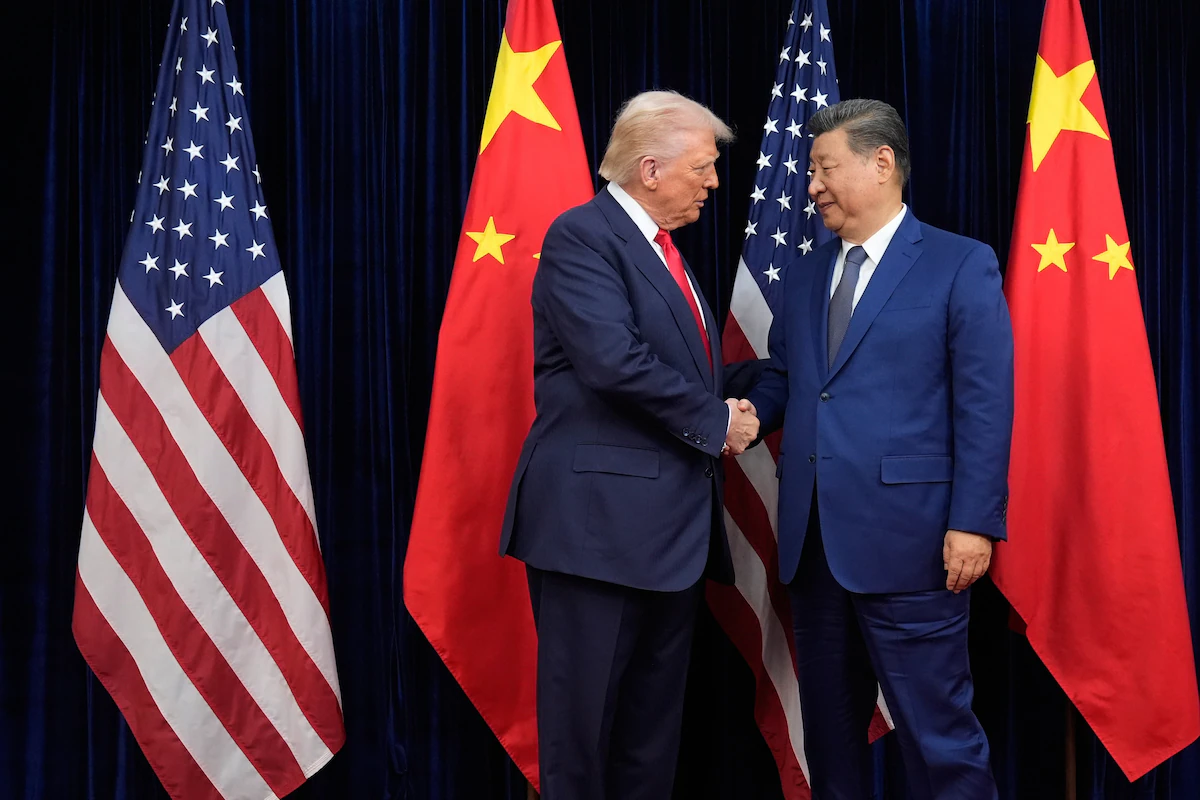
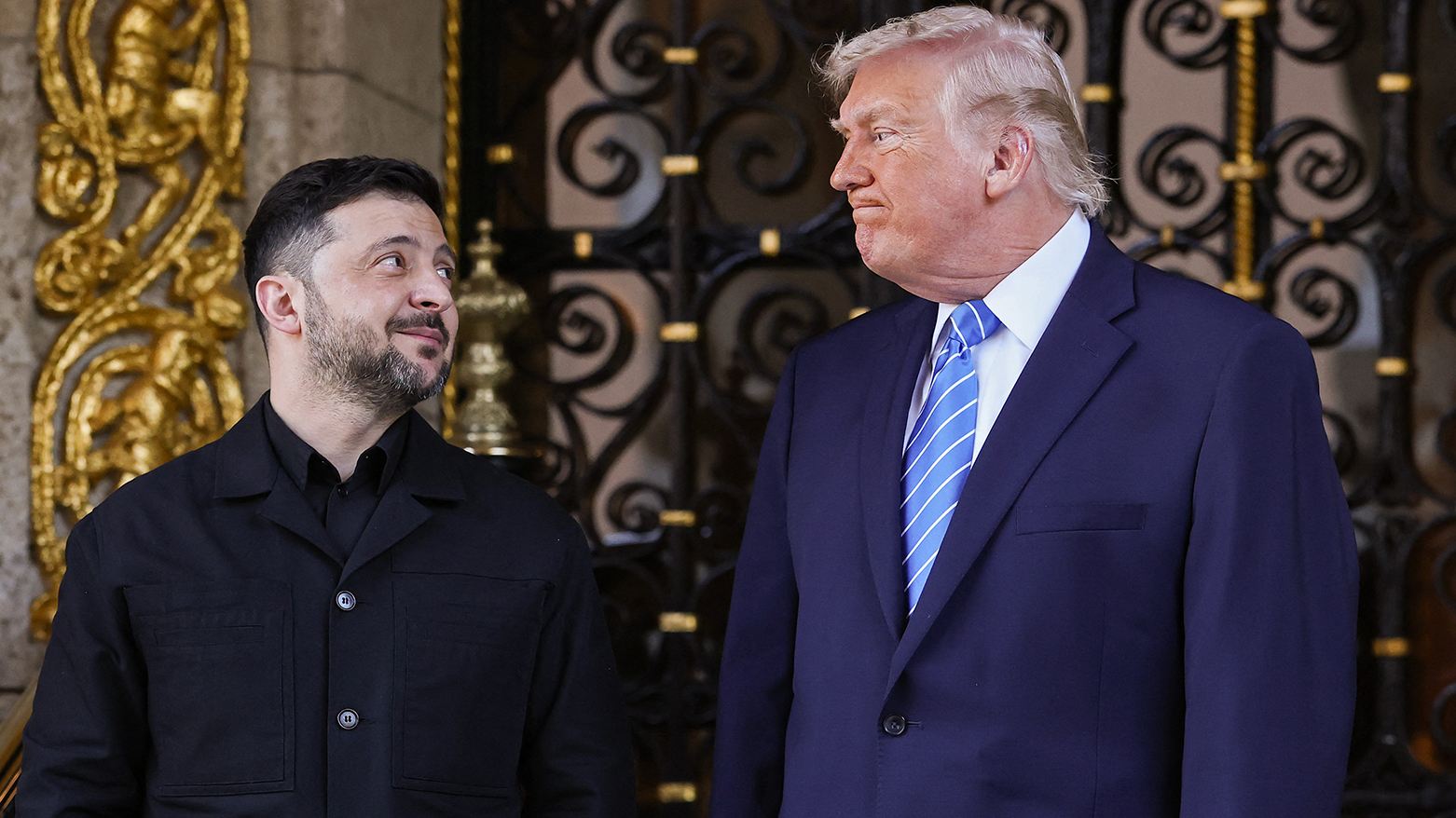

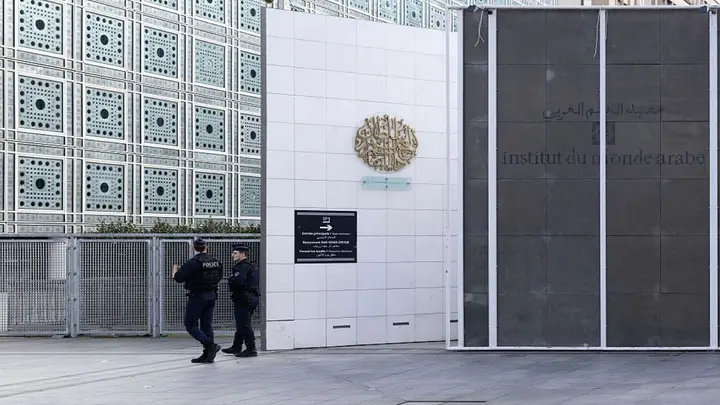
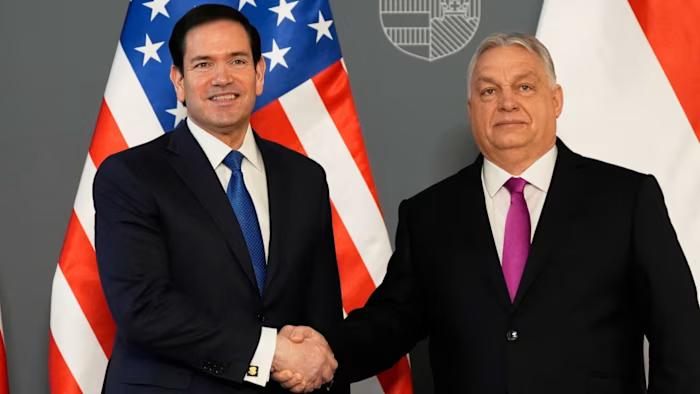
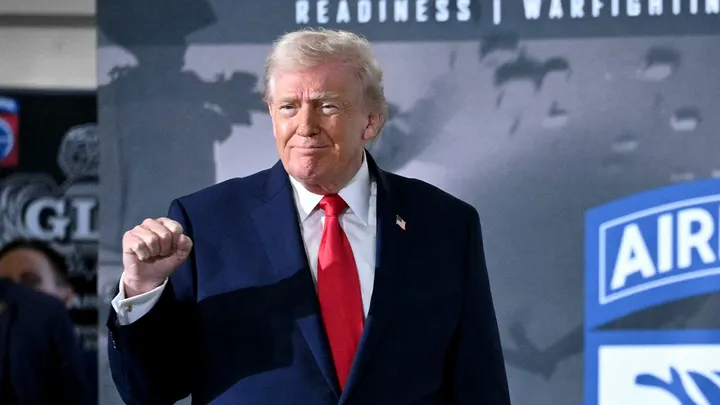
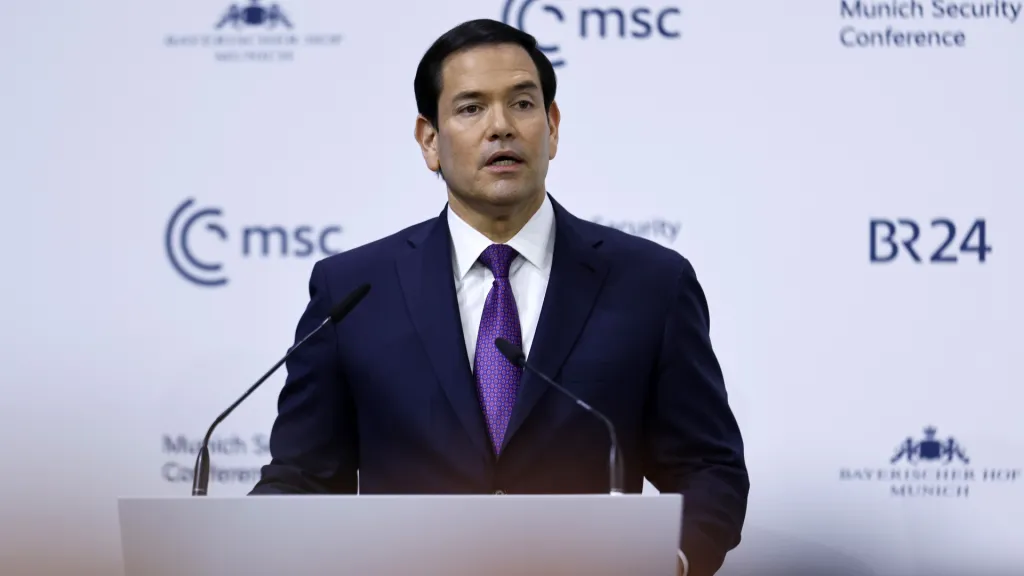
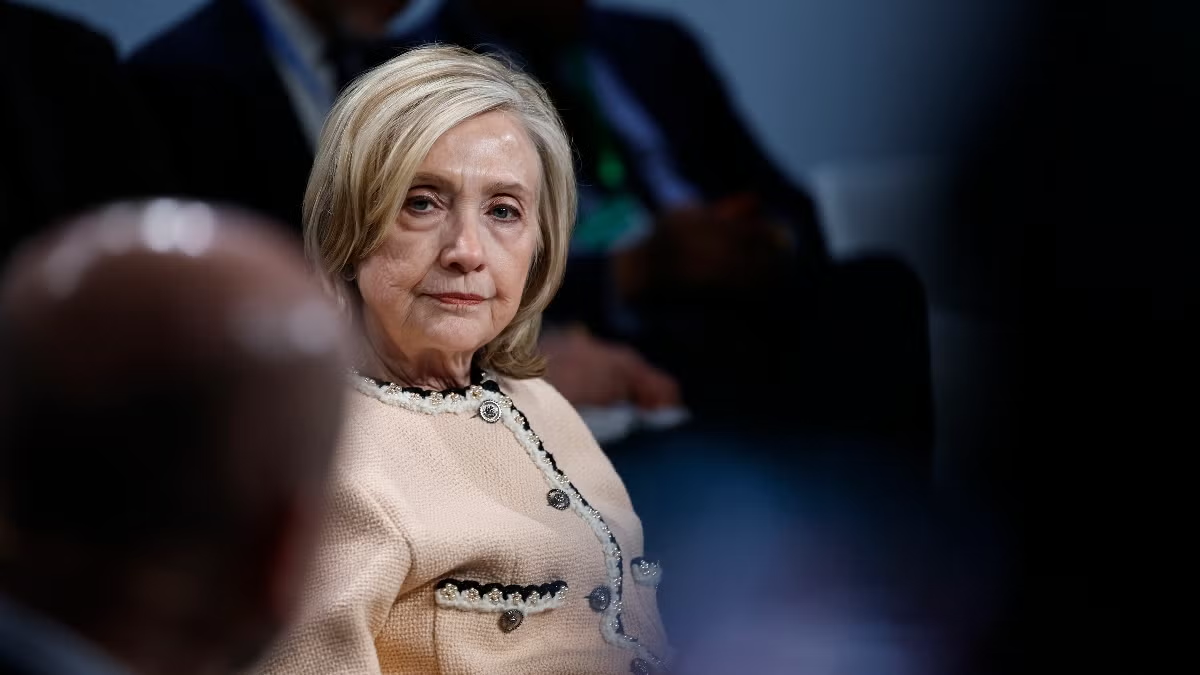

Discussion